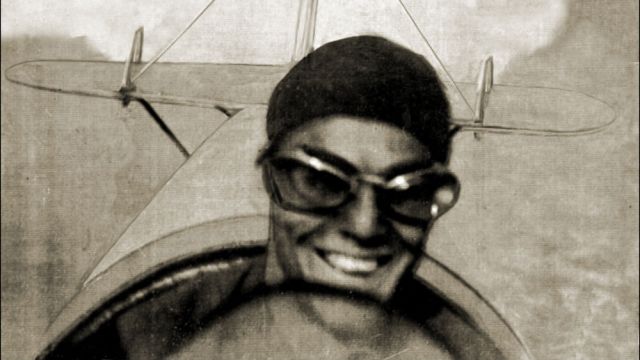TMI: The Problem of Too Much Intelligence

In intelligence gathering, can there be too much information?
Tom Fingar: There can be too much information. There’s too much information relative to the amount of time and number of people to go through it. One way of thinking about it is over the last two decades the haystack has gotten very much higher. It’s not clear how many more needles there are in that haystack to be found by collectors and interpreted by analysts.
How does one go about the process of assessing where the needles are?
Tom Fingar: Once upon a time, metaphorically, you would walk around with a metal detector and you’d stumble upon something and then try to explain what it was, what it meant, how it got there. With the range of questions on which customers, decision-makers, policymakers would like insight and the amount of information that is available, the only practical way to do this is to decide what question, if answered, would provide the most insight, and then go after materials that you think might answer that question and to find the needles in that way.
How do you assess the value, the quality of the information that you’re receiving?
Tom Fingar: It’s one of the most important things that has to be done. Where did it come from? Who placed it, whoever it was that it was found? Who told it to the collector, to the journalist, to the diplomat, to the law enforcement officer? Why did they convey that information? Even imagery—imagery on the ground, imagery from space—isn’t always self-explanatory, usually is not self-explanatory; intercepts. You have to have a way of judging whether the person you’ve listened has any idea what he or she is talking about.
I could talk endlessly about brain surgery and somebody might monitor that conversation. At the end of the day it wouldn’t be worth much because I, in fact, don’t know anything about brain surgery. So the vetting, the evaluation, the assessment of the information—how does it fit with other things that we know or think we know. Is it corroborated, or consistent with, or contradicted by other information? Is it newer or older than the other information that we have? Is it actually talking about the same person or the same place? It’s quite a refined art to be able to assess the quality of the information wherever it’s acquired.





